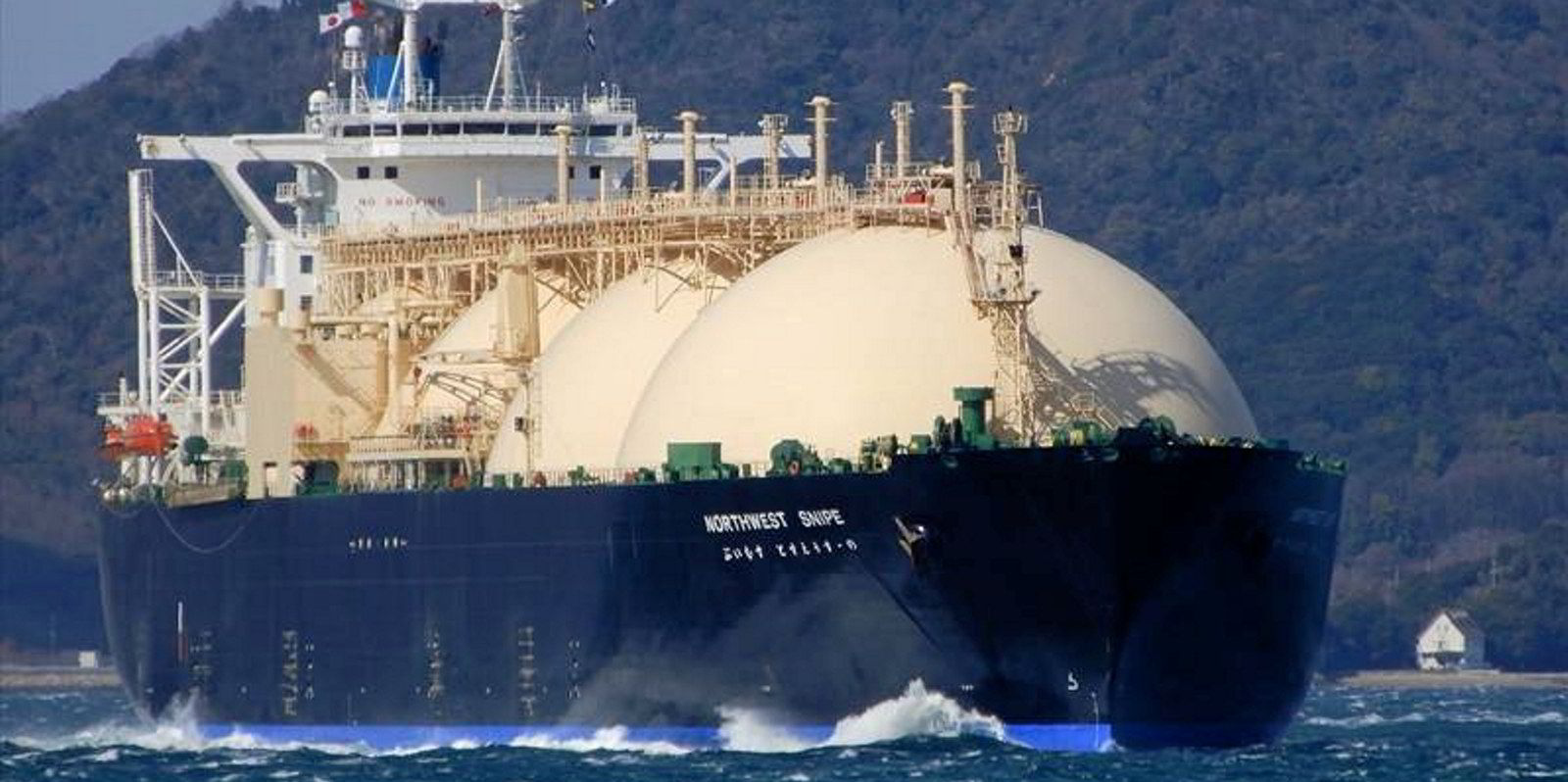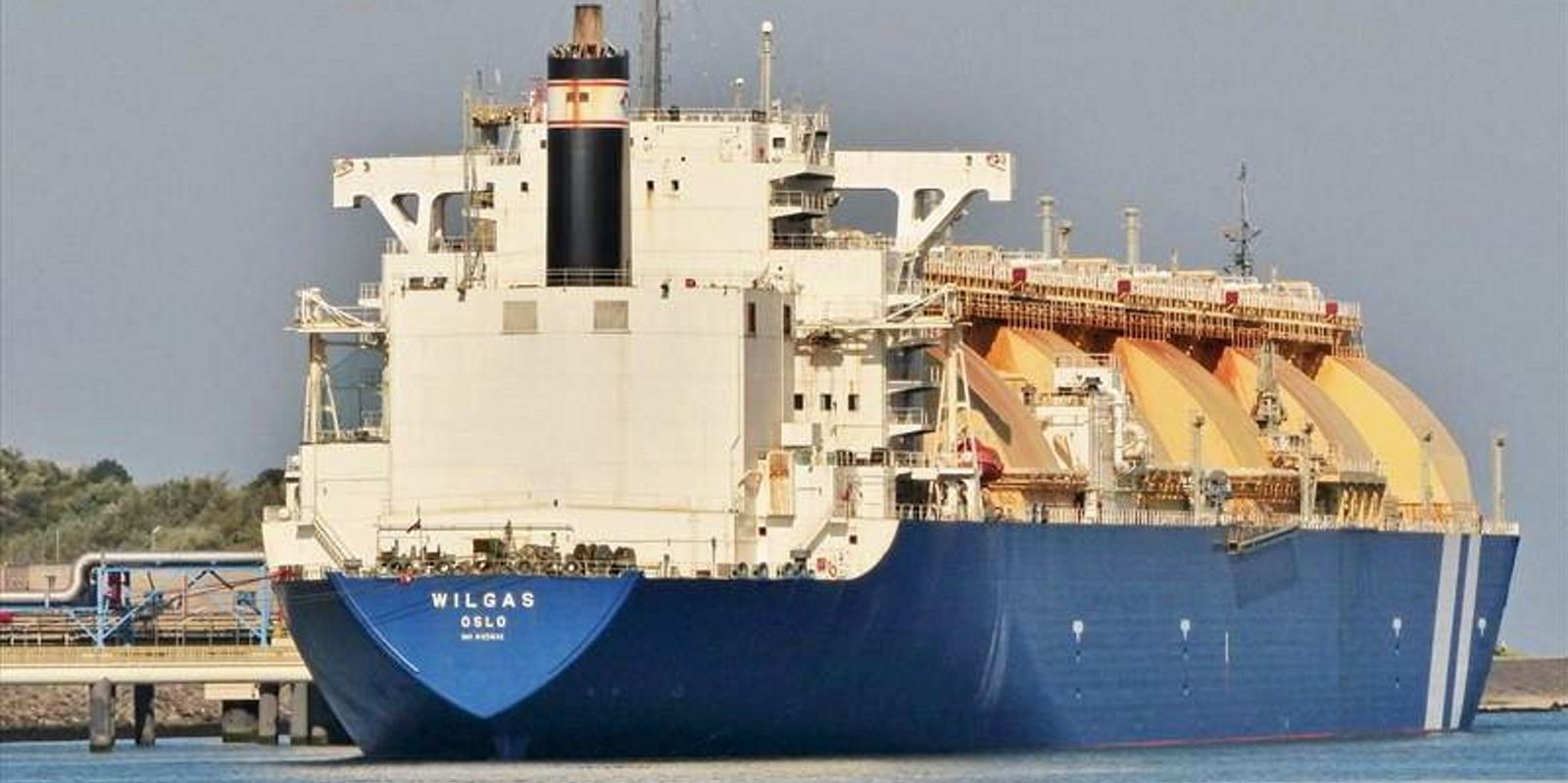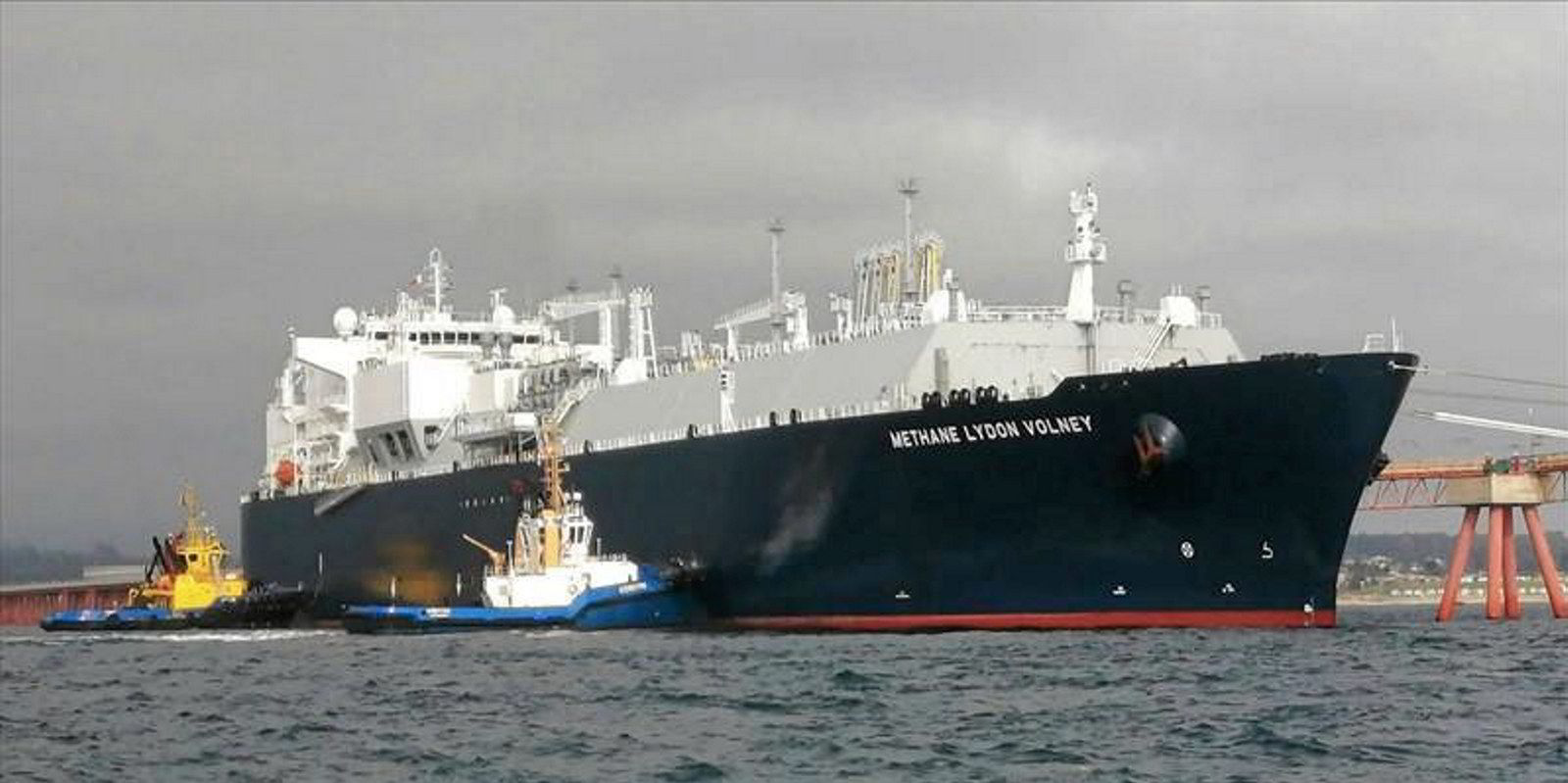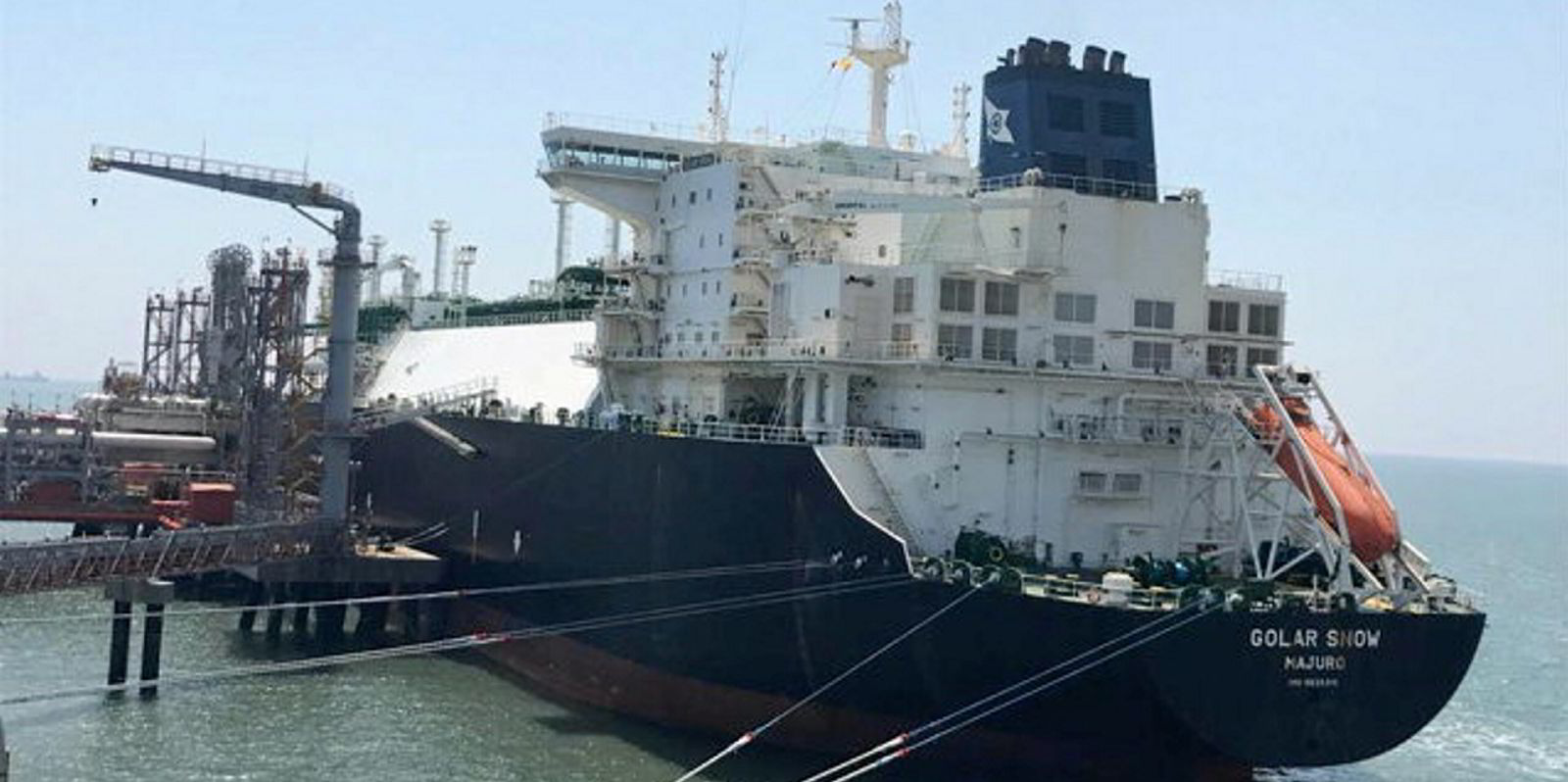Older steam turbine-driven LNG carriers may have to be scrapped, converted for other uses or retrofitted to enable them to trade under new, a market expert told a Gastech webinar.
The expectation comes as the International Maritime Organization gears up to approve the Energy Efficiency Existing Ship Index (EEXI) and carbon intensity index (CII) next month in a bid to cut carbon output.
Carlos Guerrero, global market leader of gas carriers and tankers at classification society Bureau Veritas, said EEXI and CII will affect all ships built before 2010 which consume large volumes of fuel compared to more modern designs.
“LNG carriers and steam turbine ships are facing very specific problems with the EEXI and eventually the CII because their propulsion system installed onboard these ships is not the most efficient,” he said.
Guerrero said that the solution for the over 200 steam-turbine vessels in the world fleet will be to reduce the speed of the vessel to comply with the regulations. But he said this would entail derating the power of the turbine will increase the fuel consumption.
He said for those steamships over 25 years old the sector may see either an increase in scrapping or the ships re-purposed as floating storage units or floating storage and regasification units.
But he said those of 15 to 20 years old may be retrofitted to new technologies. He described this as “very challenging”, flagging up that converting a vessel to dual-fuel diesel-electric propulsion would proved expensive but there are other technologies which could be applied.
Special treatment
Guerrero said regulators must understand that the LNG carrier segment is a very specific area with many different technologies.
He said every ship needs to be treated separately with different levels of regulations, explaining that it is not possible to compare a tanker with a two-stroke LNG carrier fitted with efficiency measures like air lubrication and onboard reliquefaction.
Guerrero and the two other panellists, Howe Robinson Partners senior broker Bruce Moore and Liquefied Gas Consultancy principal Chris Clucas, were universally upbeat on LNG shipping market prospects.
In a discussion was moderated by Society of International Gas Tankers & Terminal Operators chief operating officer and general manager Andrew Clifton, Moore described the early signals as to how the market may return after Covid-19 as “relatively strong”.
Guerrero said sentiment is “pretty confident” citing large LNG newbuilding projects such as those for Qatar and the Arctic projects, other delayed developments in the US and new discussions for Papua New Guinea.
“The market is still alive and very promising,” he said.







